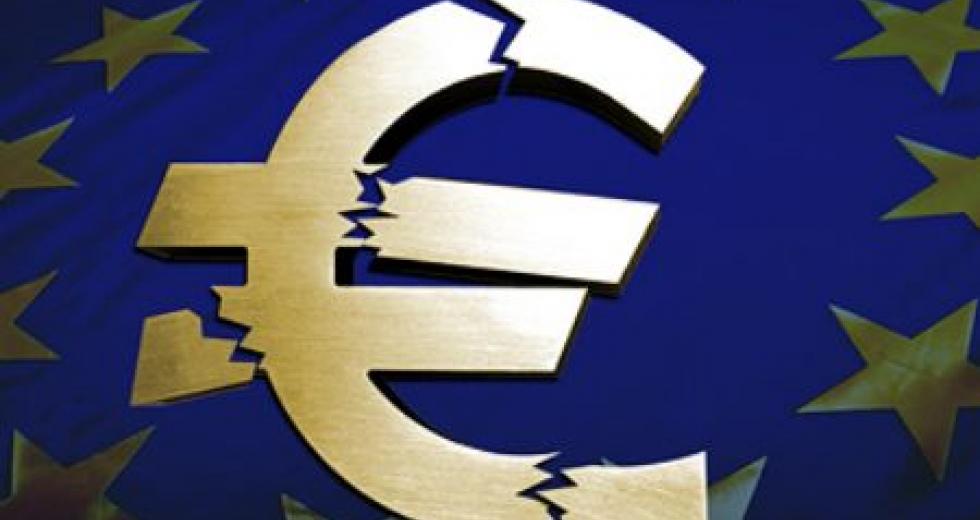
Ireland, Spain, Italy, Greece or Hungary are each quite capable of lighting the fuse that sets off the Euro bomb any time now.
Today, "officials" from the "Troika" - the IMF, European Central Bank, and EU - are visiting Dublin to review its loan programme to Ireland.
As part of the visit the delegation will peruse Irelands books, to see how the country has performed against the Troika's demands for austerity. They will also outline which hoops Ireland will have to jump through in the coming three months.
The reason Ireland is willing to jump through hoops in this way is that it can borrow at a rate of 3% from the Troika, whereas the bond market will not lend for less that 8%, well above the notional "unsustainable" 7% threshold.
Meanwile in Italy, unelected dictator Mario Monti is also facing the reality of borrowing from the markets at a rate above that 7% threshold. Unfortunately for him, the Troika doesn't have pockets deep enough to offer him a similar deal to Ireland. Or maybe not, because as Ireland is finding out, borrowing money from the Troika tends to be more painful.
Along with Italy, Spain is due to hold a bond auction this week, and although able to attract a relatively inexpensive 5.6%, new Prime Minister Mariano Rayoy has just announced an austerity package which is likely to push Spanish unemployment to close to 24% this year, and that's just the official, massaged, figures.
In the meantime, Hungary is being punished for daring pass legislation taking some level of national control over its Central Bank. The IMF is currently refusing to even discuss further loans until that legislation is revoked. The IMF's Christine Lagarde said at the weekend:
We are looking into it, I know that the European Commission is looking into it, and I certainly hope that the Hungarian authorities will be very keen to have their legislation in compliance with European regulation as well, particularly when it concerns the independence of their central bank.
Hungary has indicated that it is willing to "modify" its new law, and are due to meet IMF representatives today to discuss the situation further, where undoubtedly it will be made quite clear what they are required to do.
What a mess.

